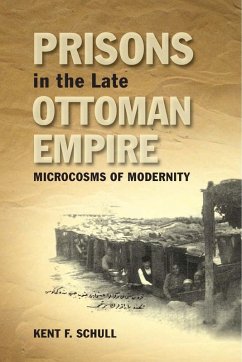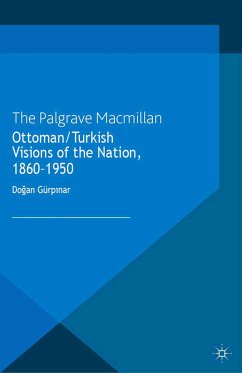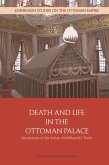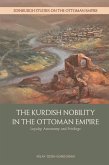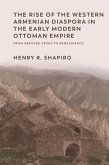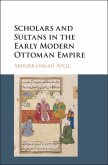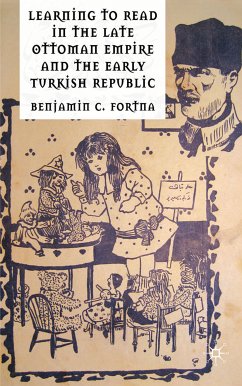Contrary to the stereotypical images of torture, narcotics and brutal sexual abuse traditionally associated with Ottoman or 'Turkish' prisons, Kent Schull argues that, during the Second Constitutional Period (1908-1918), they played a crucial role in attempts to transform the empire. It was within these prisons' walls that many of the pressing questions of Ottoman modernity were worked out; questions of administrative centralisation, Islamic criminal law and punishment, gender and childhood, prisoner rehabilitation, bureaucracy, identity and social engineering.
Dieser Download kann aus rechtlichen Gründen nur mit Rechnungsadresse in A, B, BG, CY, CZ, D, DK, EW, E, FIN, F, GR, HR, H, IRL, I, LT, L, LR, M, NL, PL, P, R, S, SLO, SK ausgeliefert werden.

